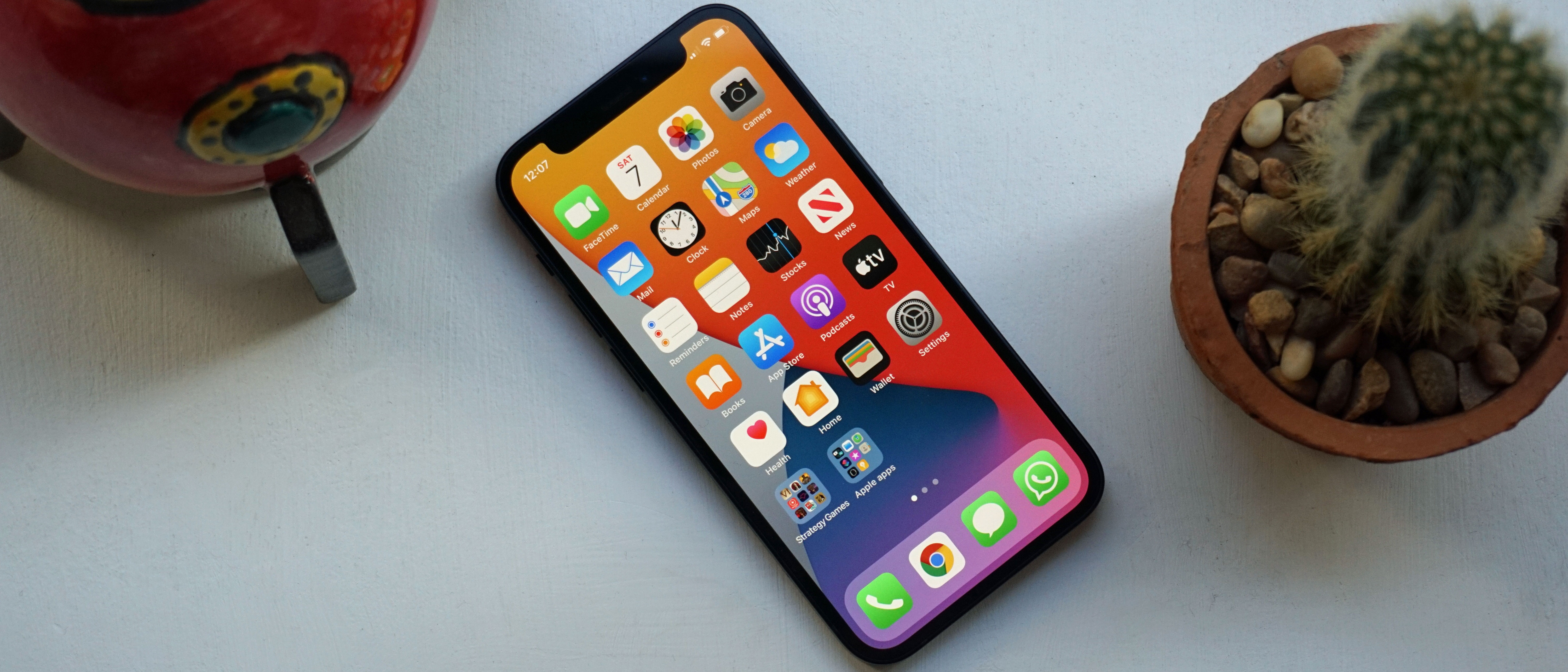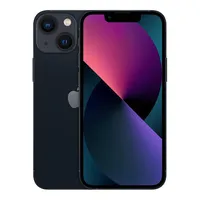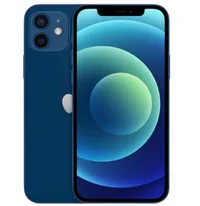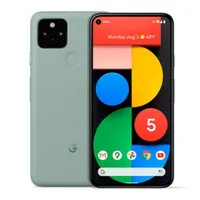TechRadar Verdict
The iPhone 12 mini is built for those who have been dreaming of a small phone but don’t want to compromise on quality, and Apple has done an exceedingly good job at making that a reality. It isn’t perfect, with middling battery life and a high price for just 64GB of storage, but if you can put those negatives aside you’ll love what the iPhone 12 mini can do in its miniature package. The camera is versatile, the screen is fantastic, it comes with reams of power and the added benefits of 5G and MagSafe mean this is a phone that will last you for years to come.
Pros
- +
Smaller design looks great
- +
Fantastic display
- +
Futureproofed with 5G
Cons
- -
64GB isn’t enough for some
- -
Wireless charging is slower
- -
Middling battery life
Why you can trust TechRadar
Two-minute review
Apple’s iPhone 12 mini is a triumph, with top-end tech and a premium design combining to produce a phone that can compete with some of the very best handsets on the market, and all in a smaller body than you’d expect for a flagship device.
It's also a symbol of a different time, back when Apple made small phones. After the iPhone 13 mini, the company did away with these compact mobiles, and the iPhone 14 family doesn't have such a device.
You won't find this iPhone 12 mini review to be wildly different from our coverage of the iPhone 12, but it has a smaller form factor that will suit those looking for a more compact phone than top-end manufacturers – including Apple – have been able to offer for the past few years.
This is the smallest iPhone since the iPhone 5S, and you’ll notice it as soon as you pick it up. Even comparing this phone to the iPhone SE 2020 makes it feel small, but it doesn’t lose any of that premium edge we found with the iPhone 12.
You will get a slightly improved experience with the iPhone 12 Pro or iPhone 12 Pro Max thanks to their more powerful engines, bigger batteries and a variety of other tweaks, but if you’re after a small iPhone you no longer have to worry about missing out on the best features.
The 5.4-inch Super Retina XDR OLED display is pin-sharp, and it’s markedly better than the LCD display on the iPhone 11. You’ll particularly see the improvements when watching video that supports HDR.
The iPhone 12 mini also has a premium design, with a protected glass design called Ceramic Shield and angular aluminum edges that will pull your mind back to the days of the iPhone 4 as soon as you first handle it. It comes in a choice of five colors (black, white, red, green or blue).
Sign up for breaking news, reviews, opinion, top tech deals, and more.
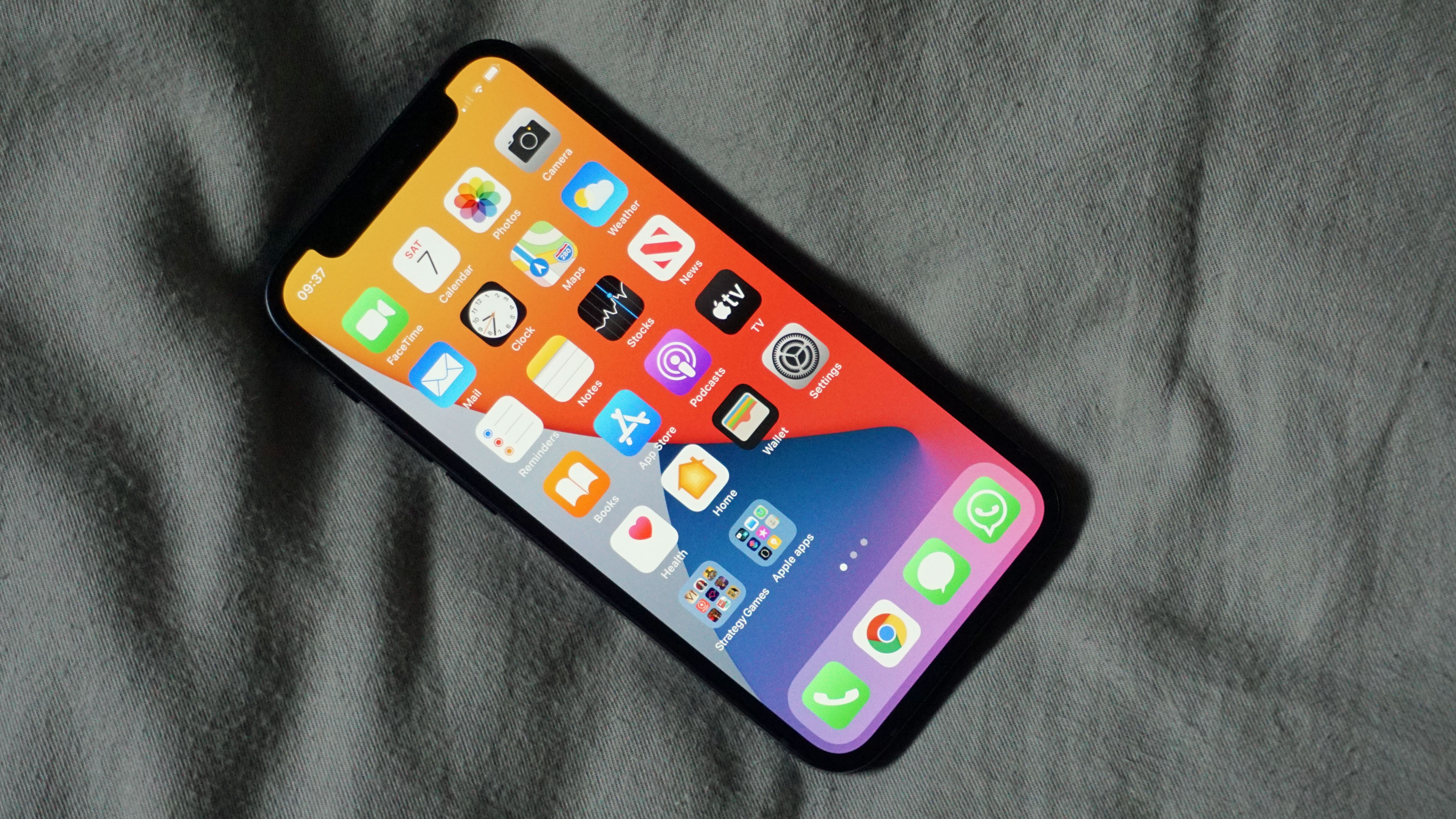
It may feel like an iPhone for the nostalgists, but it’s anything but when it comes to spec. The A14 Bionic chipset that powers this device might not be the fastest chipset for iPhones any more but we found it to work nearly flawlessly, whatever we threw at the phone. Plus, you've got a top-end camera array with two 12MP rear shooters that perform just as well as those on the iPhone 12.
Then there’s the addition of next-gen 5G connectivity technology, allowing you to experience faster speeds and easier connection when using mobile data. This is great futureproofing technology to have on board, but at launch 5G isn’t widely available in many areas, meaning it won’t be a transformative experience for most people right away.
There’s also MagSafe, Apple’s new magnetic docking tech, which enables you to connect a wireless charger and other accessories (just a couple at launch) by simply snapping them to the rear of the phone.
The iPhone 12 mini isn’t without its frustrations, as the battery life isn’t as powerful as some may hope for, and 64GB of storage doesn’t feel like enough for a phone in 2021. That said, these are minor issues that many who like the choices Apple has made elsewhere will be able to live with.
The iPhone 12 mini is built for those who have been longing for a smaller iPhone that is easy to use in one hand, and if you want Apple’s full-on smartphone experience in a more compact package, this is the iPhone for you. In short, it's one of the best iPhones.
Even if you're committed to Apple phones, the iPhone 12 mini has little competition if you're after a small yet high-end handset. The closest Android gets is the likes of the 5.9-inch Asus Zenfone 8, with most flagships such as the Samsung Galaxy S21 and OnePlus 9 ranges being above 6 inches.
- Meet the family: iPhone 12 | iPhone 12 Pro | iPhone 12 Pro Max
iPhone 12 mini release date and price
- The iPhone 12 mini is on sale now around the world
- Now starts at $599 / £579 / AU$999, prices increase for more storage
- Doesn't include headphones or a charging block in box
The iPhone 12 mini's launch price was $699 / £699 / AU$1,199, but now that the iPhone 13 range has been released, the older phones have been discounted, and you can pick up a 12 mini starting at $599 / £579 / AU$999. That's for 64GB of storage, and the price goes up for more storage – check out the chart below for full pricing, but note that even these prices have dropped since launch.
| Region | 64GB | 128GB | 256GB |
|---|---|---|---|
| US | $599 | $649 | $749 |
| UK | £579 | £629 | £729 |
| AU | $999 | $1,079 | $1,249 |
For context, the iPhone 12 starts at $699 / £679 / AU$1,199, the iPhone 12 Pro starts at $999 / £999 / AU$1,699, and the iPhone 12 Pro Max starts at $1,099 / £1,099 / AU$1,849.
iPhone 12 mini is on sale now around the world after being delayed due to the Covid-19 pandemic. The iPhone 12 mini was announced in October 2020, and then it was released on November 13 that same year.
You can sometimes find it for a little less than the RRP in third-party stores, but being an iPhone this has held its value quite well.
The iPhone 12 mini comes without a charging block or earbuds in the box, with Apple looking to cut down on e-waste. If you don’t own the right charger or a pair of headphones, this is set to add to the cost of your device as you’ll need to buy these separately.
If you want some new headphones, you might want to check out Apple's AirPods Pro or our selection of the best headphones.
iPhone 12 mini design
- An iPhone 4 reminiscent design with angled edges
- The smallest iPhone for a number of generations
- Easy to hold and use in one hand
The iPhone 12 mini’s design is its unique selling point, and it’s a welcome alternative for those who want a smaller iPhone, and who’ve looked on in dismay as Apple has released ever-larger handsets (but also don't want the dated-looking design of the iPhone SE, Apple’s other mini-sized phone).
It essentially mirrors the iPhone 12 design, but in a smaller body that’s easier to wrap you hand around; and despite the smaller size the phone still manages to pack a large 5.4-inch screen – more on that below
With dimensions of 131.5 x 64.2 x 7.4mm it’s the smallest iPhone in a long time, and that’s including the iPhone SE that was released earlier in 2020. It’s also light, without feeling too light – at 135 grams it’s easy to slip into a pocket, but doesn’t feel cheap.
It may seem obvious, but if you’re looking for a small iPhone and you’re not too worried about the cost, then the iPhone 12 mini is an instant, don’t-even-think-about-anything-else choice.
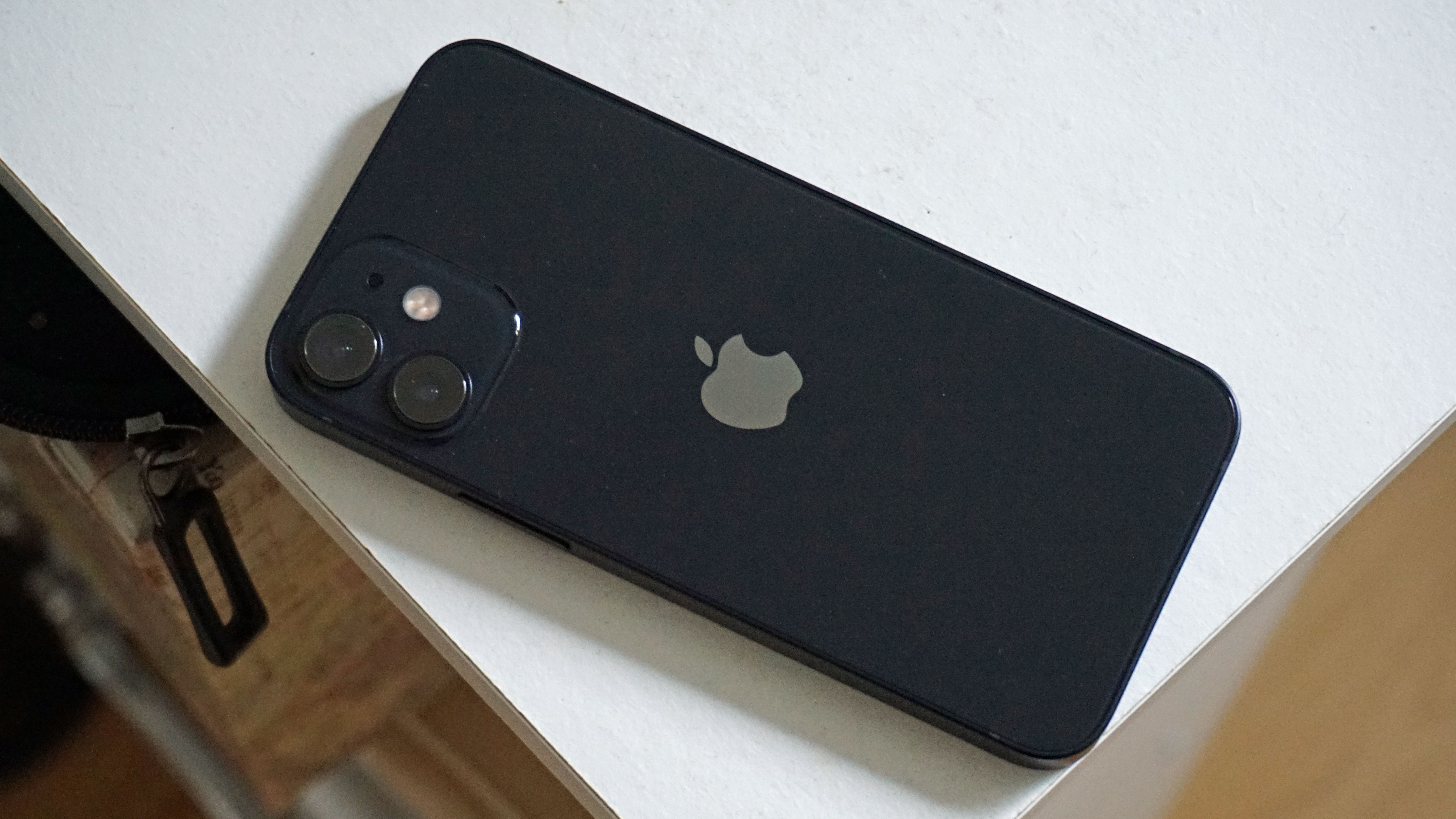
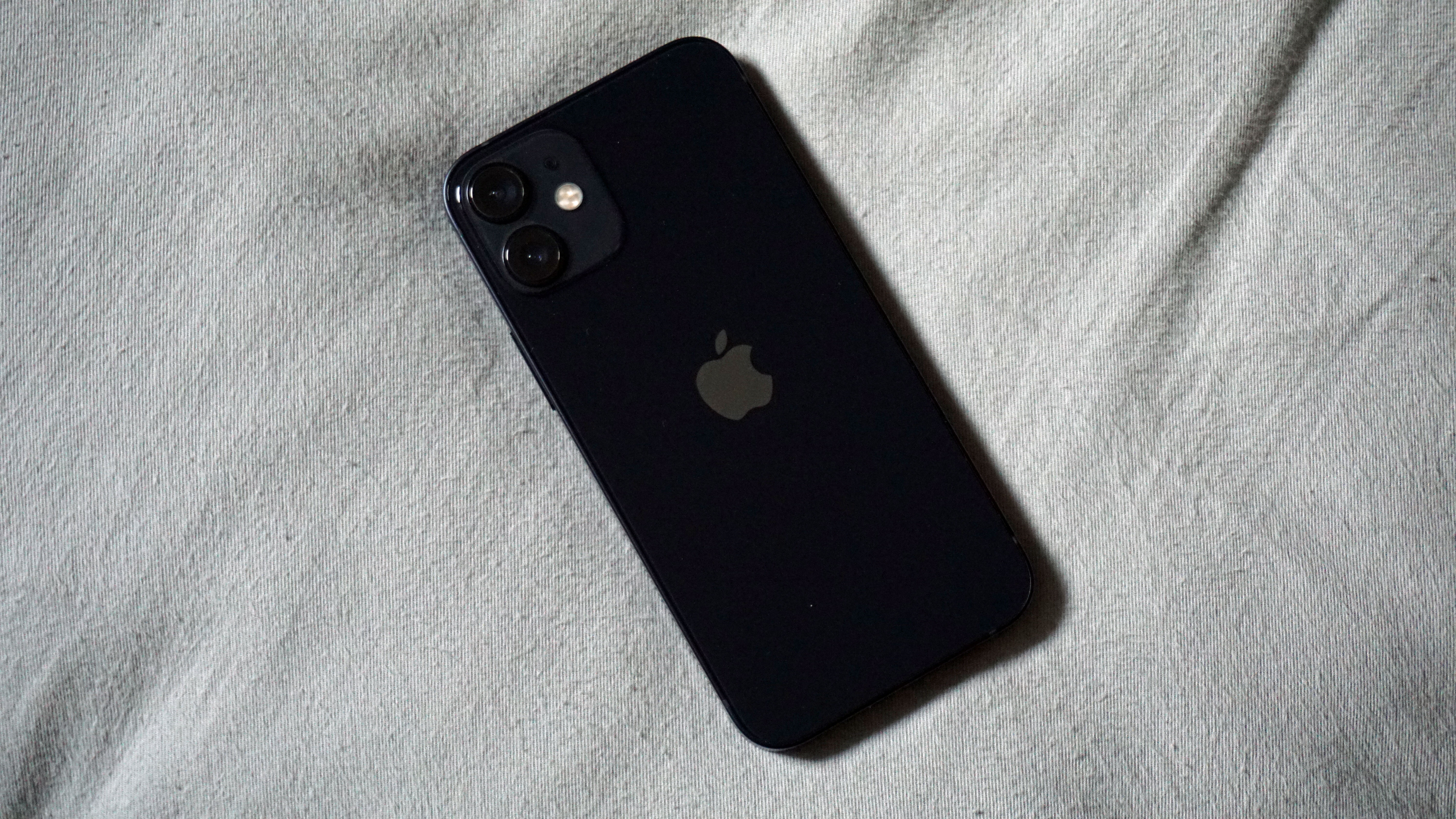
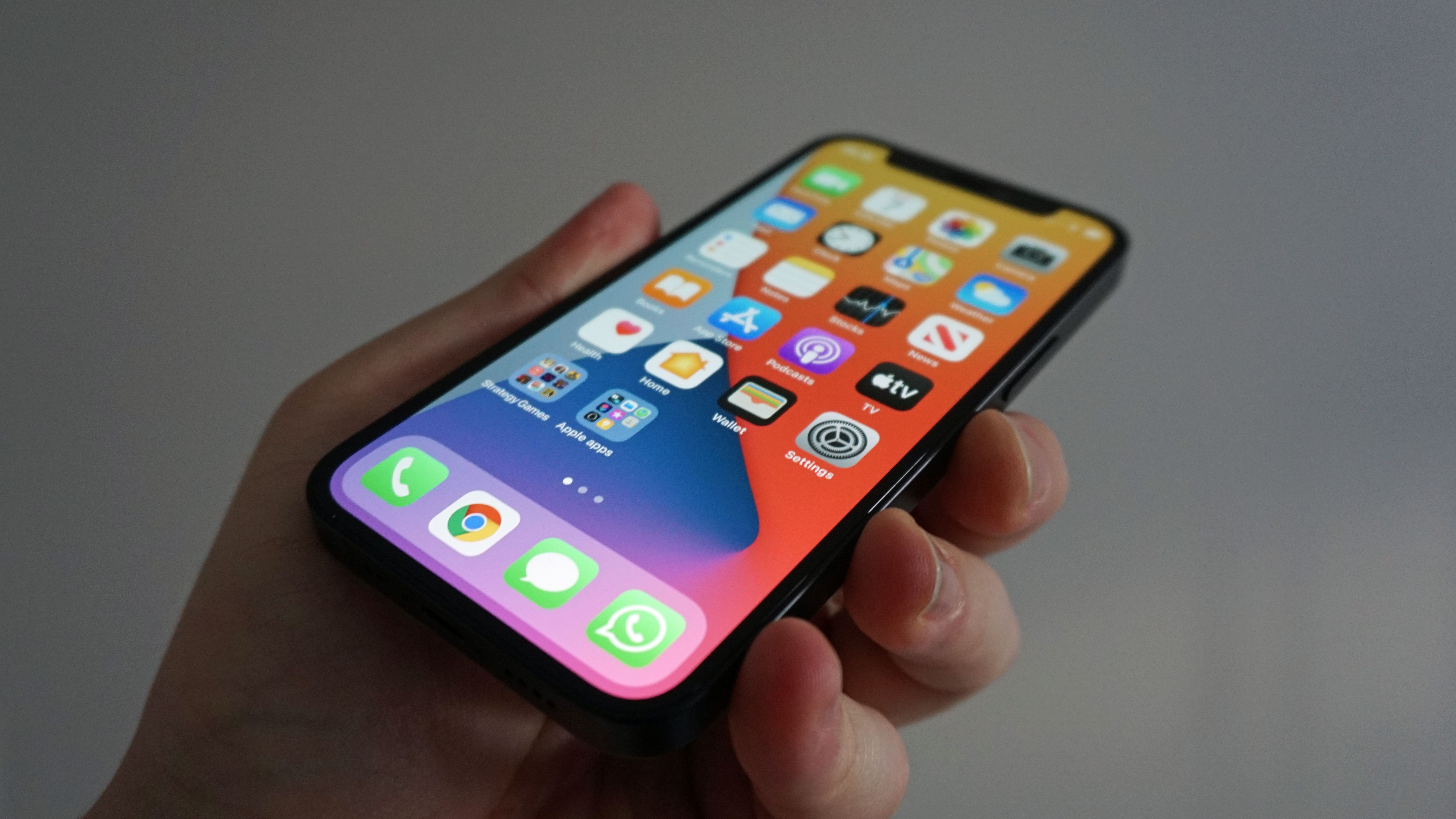
Away from the phone’s sheer size (or lack thereof), the iPhone 12 mini comes with flatter edges than we’ve seen on recent iPhone generations. It’s always nice to see design evolution in an iPhone, but this move, which nods to the look of older iPhones, won’t be to everyone’s taste.
We found the phone easy to hold, and it feels as premium as the other members of the iPhone 12 family. The mini’s design certainly isn’t a case of Apple using cheaper materials in order to hit a lower price point, and you're getting the same design elements and build quality as in the rest of the iPhone 12 range, including the aluminum frame.
The rear of the phone is glass, and it doesn’t feel slippery, as glass on some smartphones can. You’ll quickly start to notice fingerprints appearing on the rear of the phone though.
The power button is on the right side of the phone, while on the left are the volume buttons and silence switch.. On the bottom edge are the Lightning port for charging, and the stereo speaker, with a grille either side of the connector.
Your color choices are blue, white, red, green, or black, and that final one you can see pictured throughout this review. It seems like a good mix of ‘standard’ colors and options for those who want something a little brighter for their phone.
One of the big changes design-wise is one you can’t see: MagSafe, a series of magnets inside the rear of the phone, which allow you to connect a variety of accessories such as cases, wireless chargers or a car mount.
This is something Apple already offers accessories for, and we’re sure to see more, both Apple and third-party in the future. It’s a worthwhile update, even if you don’t need to use the available accessories from day one.
iPhone 12 mini display
- New Super Retina XDR OLED technology is impressive
- A high 476 pixels per inch
- Still a 60Hz display despite rumors of 120Hz
The iPhone 12 mini has a phenomenal screen, and it’s one of the best we’ve ever seen on an iPhone. For the first time, the company has brought its Super Retina XDR OLED technology to all its new iPhones, and the difference between this and LCD is remarkable.
The screen here is 5.4 inches, and you’re comfortably able to reach all corners when using the phone one-handed.
The resolution is higher than on the iPhone 11 at 1080 x 2340, and the difference is noticeable. That resolution works out to 476 pixels per inch, and it’s the sharpest display we’d seen on an iPhone at launch, so while the screen is smaller than the iPhone 12 Pro or Pro Max, it’s arguably better. The picture is crisp and clear, and the brightness is impressive too.
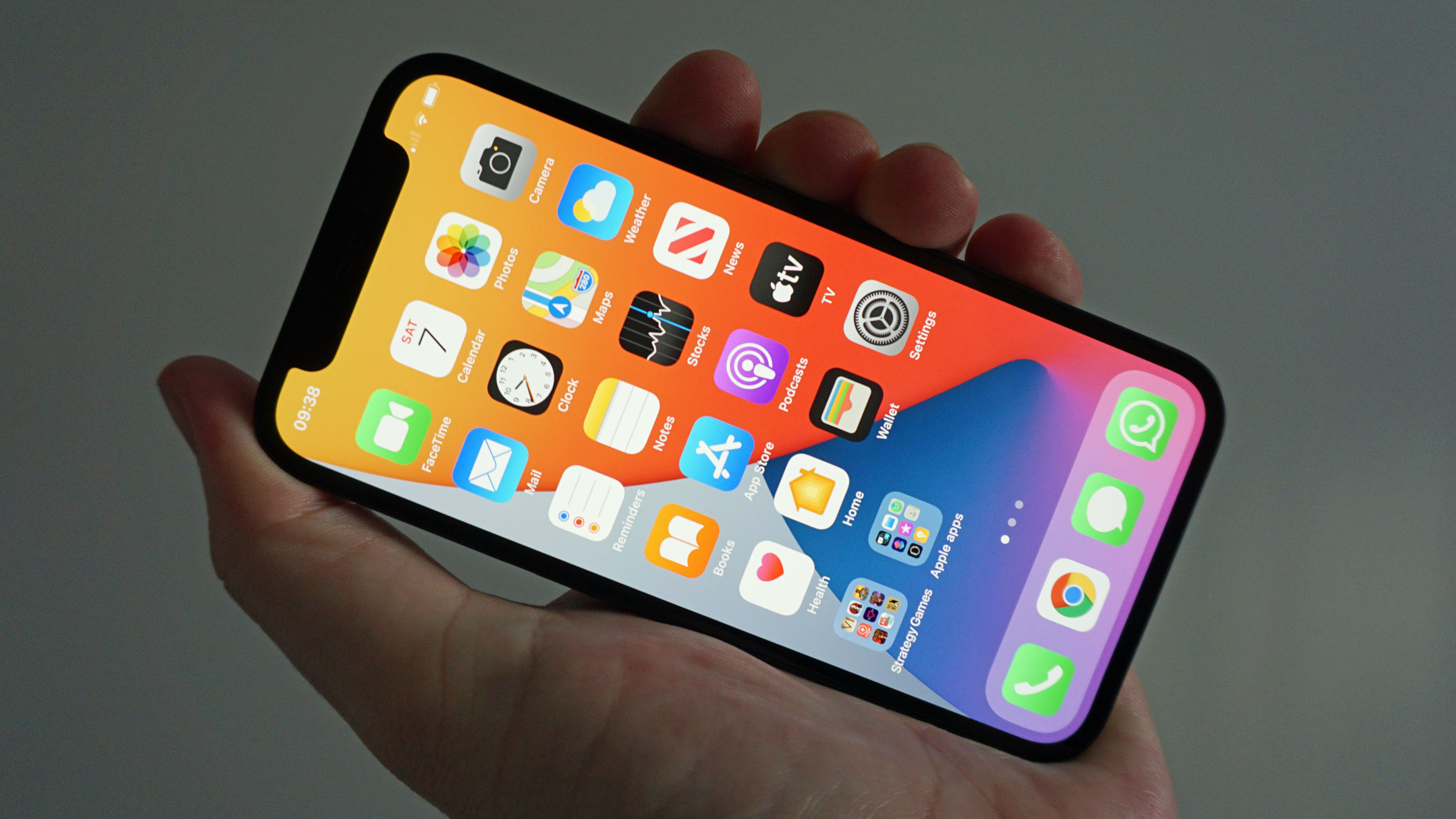
The display is also HDR10-ready, meaning you’ll notice more detail in dark and light areas when watching content encoded with the technology. The difference is most notable when you’re watching video from sources like Netflix or iTunes, but it also means photos and other images look better.
A lot of Android manufacturers are now including high-refresh-rate screens on phones, which makes for smoother images when you’re gaming, watching video or scrolling your Twitter feed, but Apple hasn’t included this on the iPhone 12 mini.
The 12 mini is still using a 60Hz display, so the scrolling experience isn’t as impressive as on some other phones that cost a similar amount – and if you’re swapping from a phone that does have a higher refresh rate, you’ll likely miss it here. It’s unlikely you’ll notice otherwise, but it’s a feature we’ve enjoyed seeing come to phones, and we’d like to see Apple implement it soon.
iPhone 12 mini camera
- Rear camera uses two 12MP shooters
- 12MP selfie camera works remarkably well too
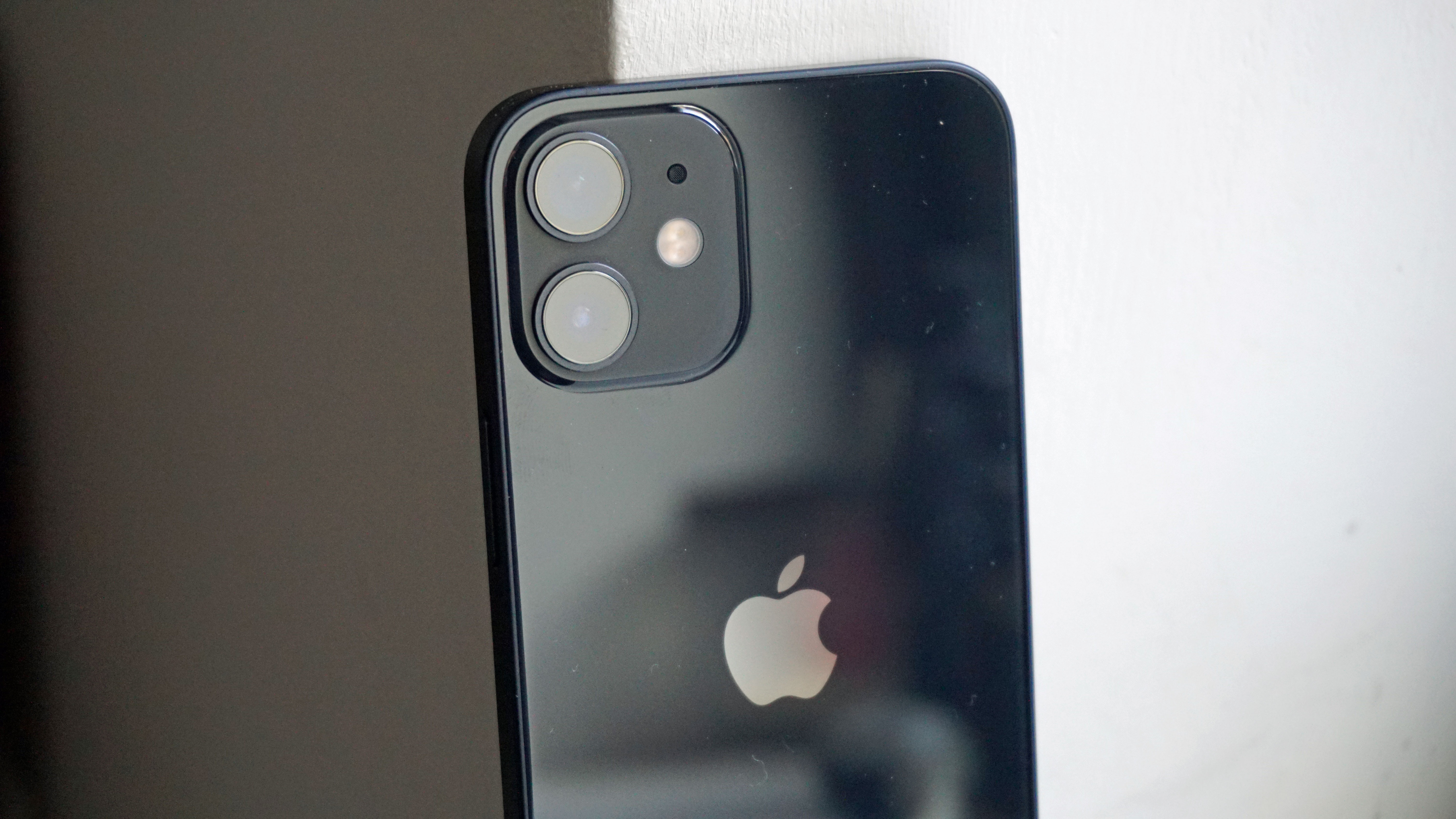
On paper, the iPhone 12 mini’s camera setup seems very similar to the iPhone 11’s, but there are enough tweaks to justify the next-gen billing – and note that this is exactly the same camera array as on the iPhone 12 though, so you won’t miss out on anything by opting for the smaller phone.
There’s a 12MP ‘standard’ wide-angle camera with a f/1.6 aperture, and a 12MP ultra-wide camera with a 120-degree field of view and an f/2.4 aperture. There’s no telephoto sensor here, as on the iPhone 12 Pro and Pro Max, and that means your zoomed shots won’t look as impressive, as there’s no dedicated camera to do the heavy lifting.
Apple’s cameras are among the most capable automatic shooters on the market, and the snappers on the iPhone 12 mini performed very well in our testing.
Low-light performance is the main improvement over the last-gen device, according to Apple, largely down to the main camera’s aperture going from f/1.8 on the iPhone 11 to f/1.6 here, and sure enough we found that the camera performed very well in dark settings – you can see an example of this below.
Apple’s Night Mode works with both the rear cameras this year (and on the selfie camera), and it works in a similar way to other manufacturer’s technology where the iPhone will notice the lack of light and asks you to hold the phone still, for a variable amount of time (depending on how much light is around )to ensure it can shoot.
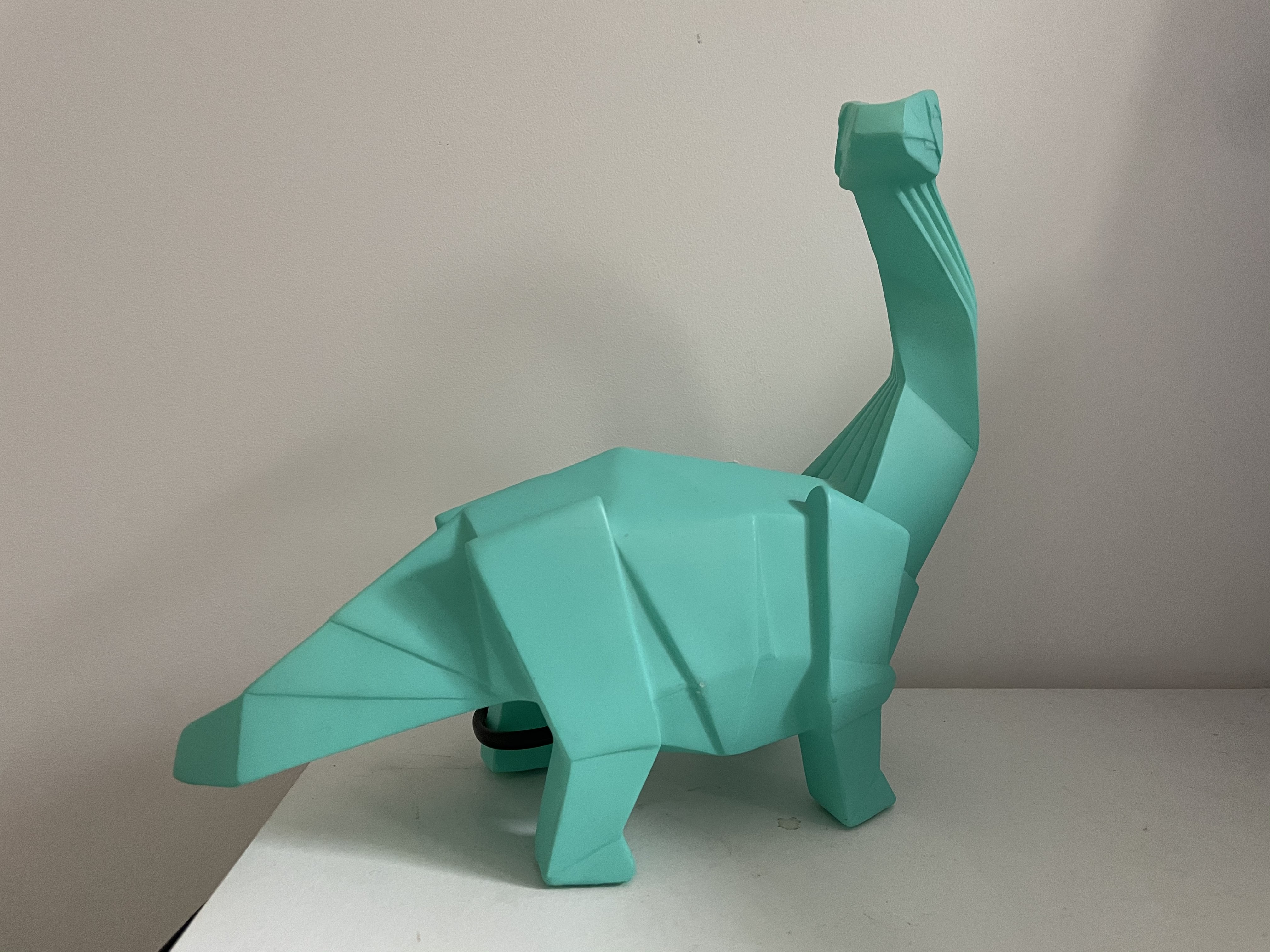
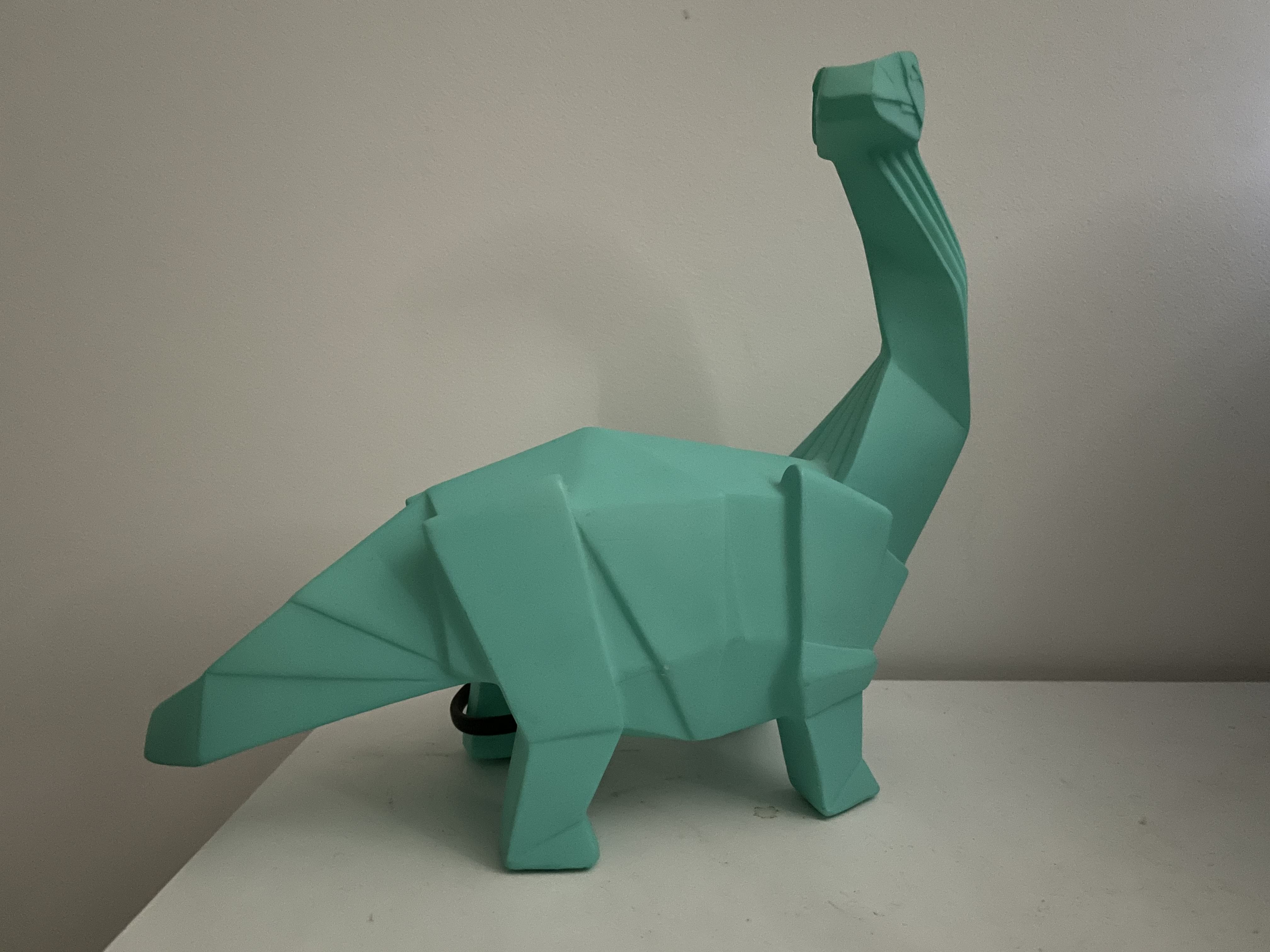
You’ll often be asked to keep the phone still for anything up to 15 seconds, and if you’re able to do that we found that Night Mode produced good-looking shots – although this also depends on your subjects not moving, so it’s not a great option for photos of your pets or other subjects that aren’t good at following orders.
If you’re shooting in near-complete darkness then even Night Mode is going to struggle, but you’ll be impressed by how much the camera is able to brighten the exposure to make a photo taken in darkness feel like it was shot in daylight.
Portrait shots - where the phone can alter your background to focus on your face either by blurring it or filling it with a color - return here, and we found them to work well on the rear camera without much fiddling around.
The cameras can feel a touch slow at times, but that’s likely owing to the Apple’s Smart HDR 3 technology, which works automatically on some shots. This uses artificial intelligence to identify elements of what you’re shooting, and optimize the exposure to highlight certain features or areas.
Video recording on the iPhone 12 mini is impressive – you’re able to record in 4K at 24, 30 or 60 frames per second, and Full HD recording is available alongside features like slow-motion.
The biggest change here is the introduction of Dolby Vision HDR, and in our testing we found the quality to be markedly better than that of non-HDR clips we shot, with footage looking more colorful and detailed. It’s a solid upgrade for those who want better video quality, even if on its own it’s not a reason to buy the iPhone 12 mini.
The front-facing camera is another 12MP sensor, and this will be more than suitable for selfies and video calling. The quality is impressive, and Portrait mode works fantastically well thanks to the 3D depth sensor doing the heavy lifting (it’s also this sensor that powers Face ID).

This isn’t a huge upgrade over previous iPhones, but that isn’t an issue, as the selfie camera has been consistently strong over the last few generations of iPhone. Low-light performance could be better, but it still works well enough – and, as mentioned, Night Mode is available here too, so your night-time selfies should look just as good as your daytime ones.
Camera samples


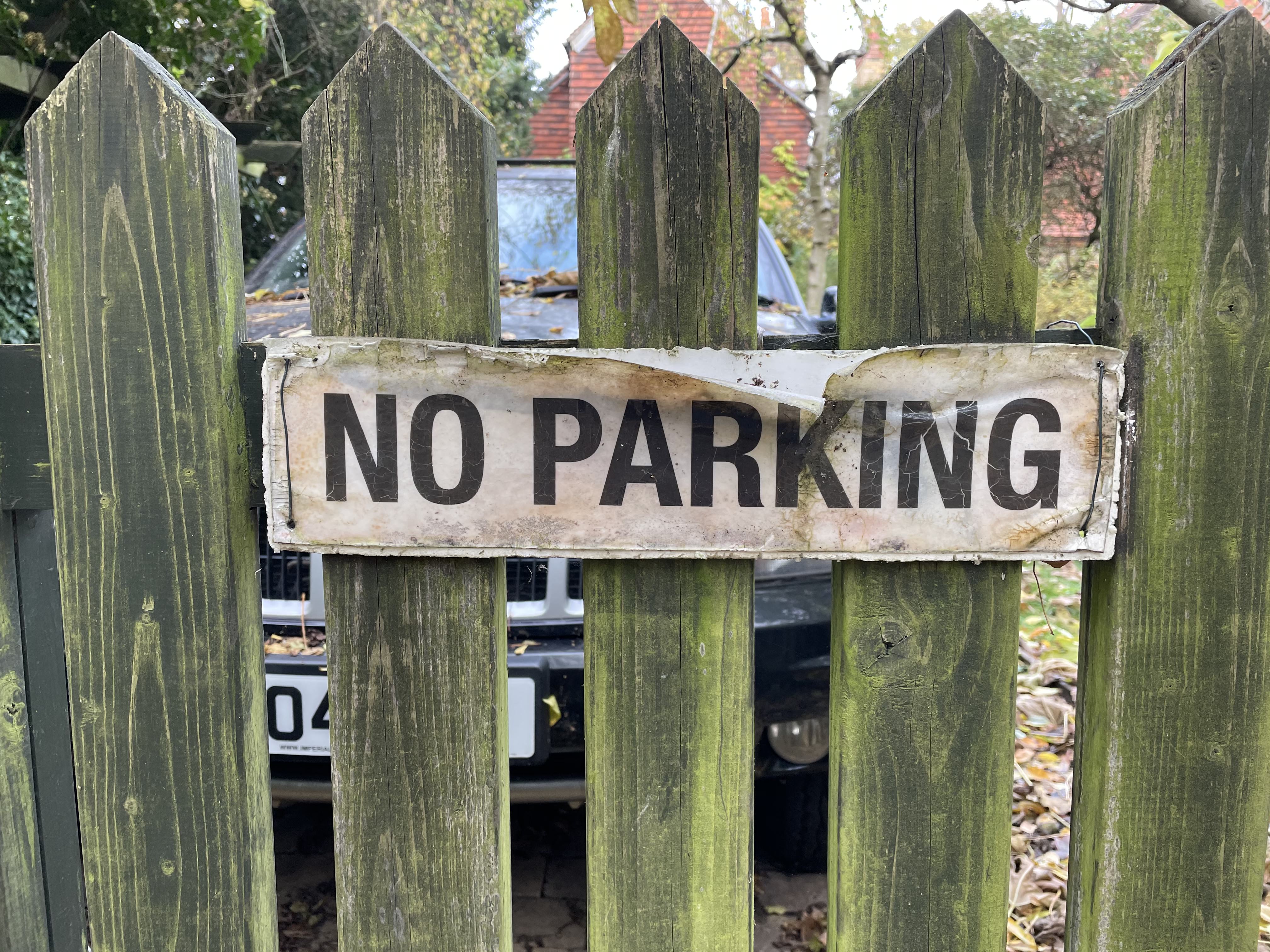
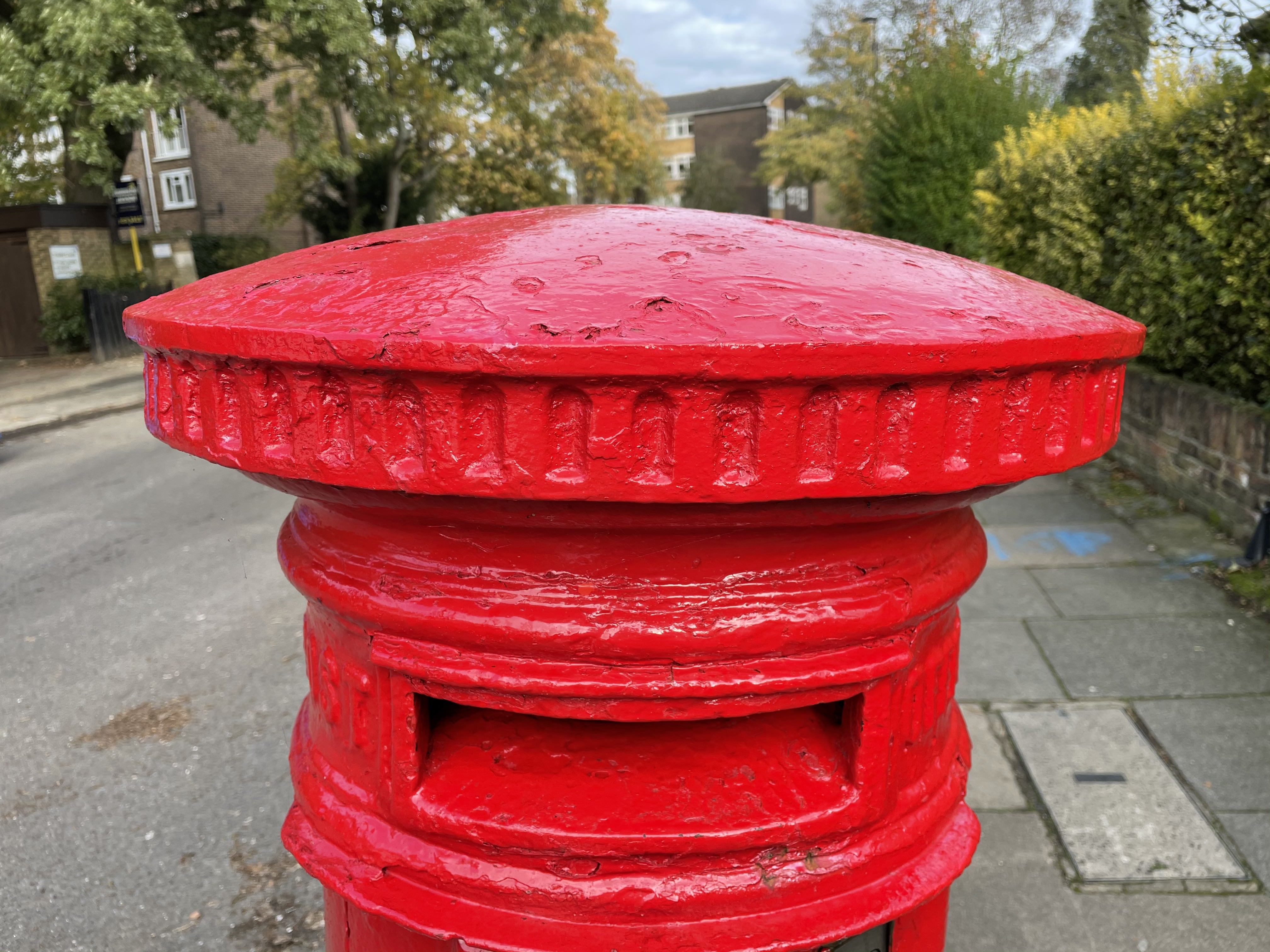
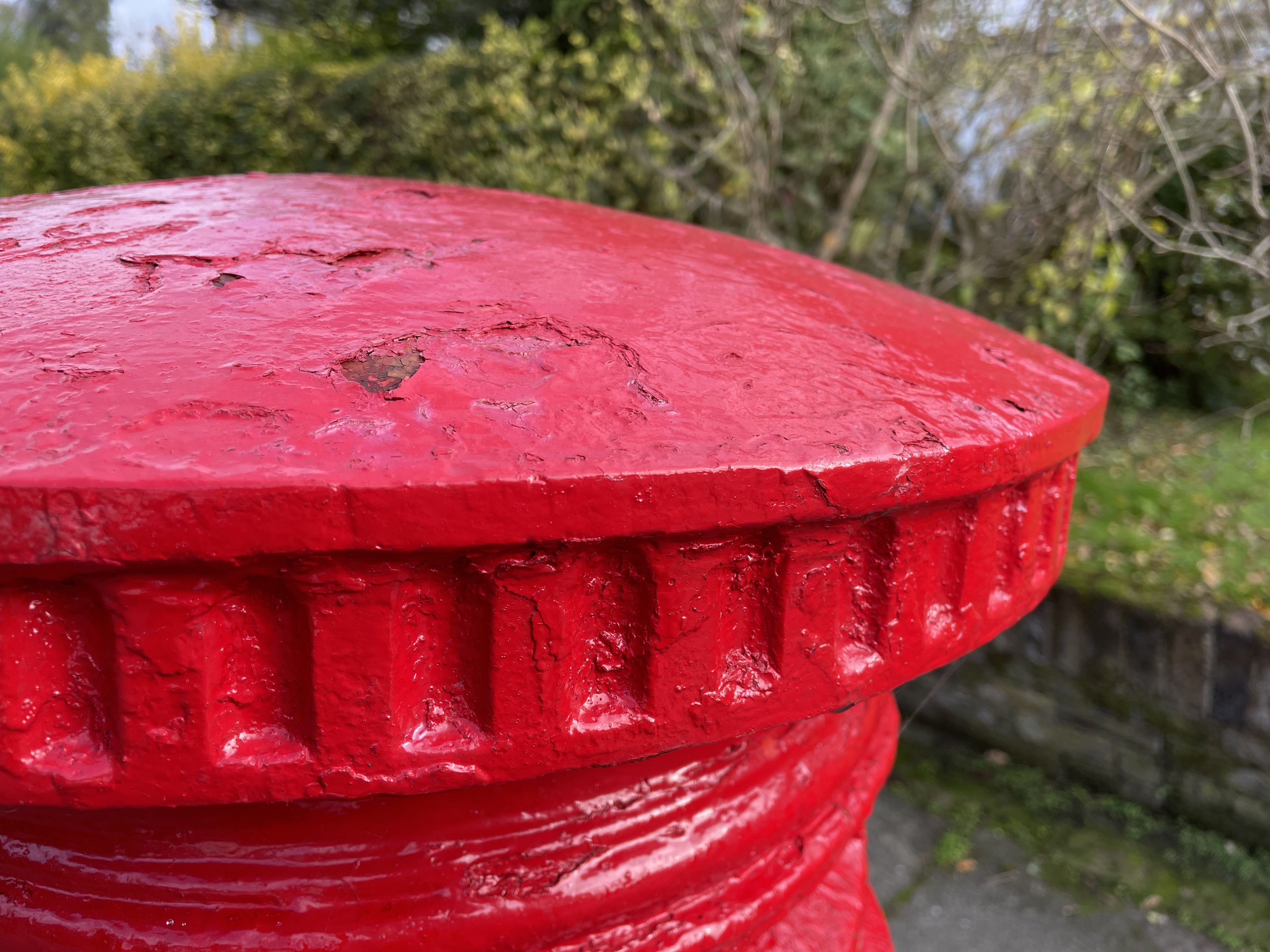
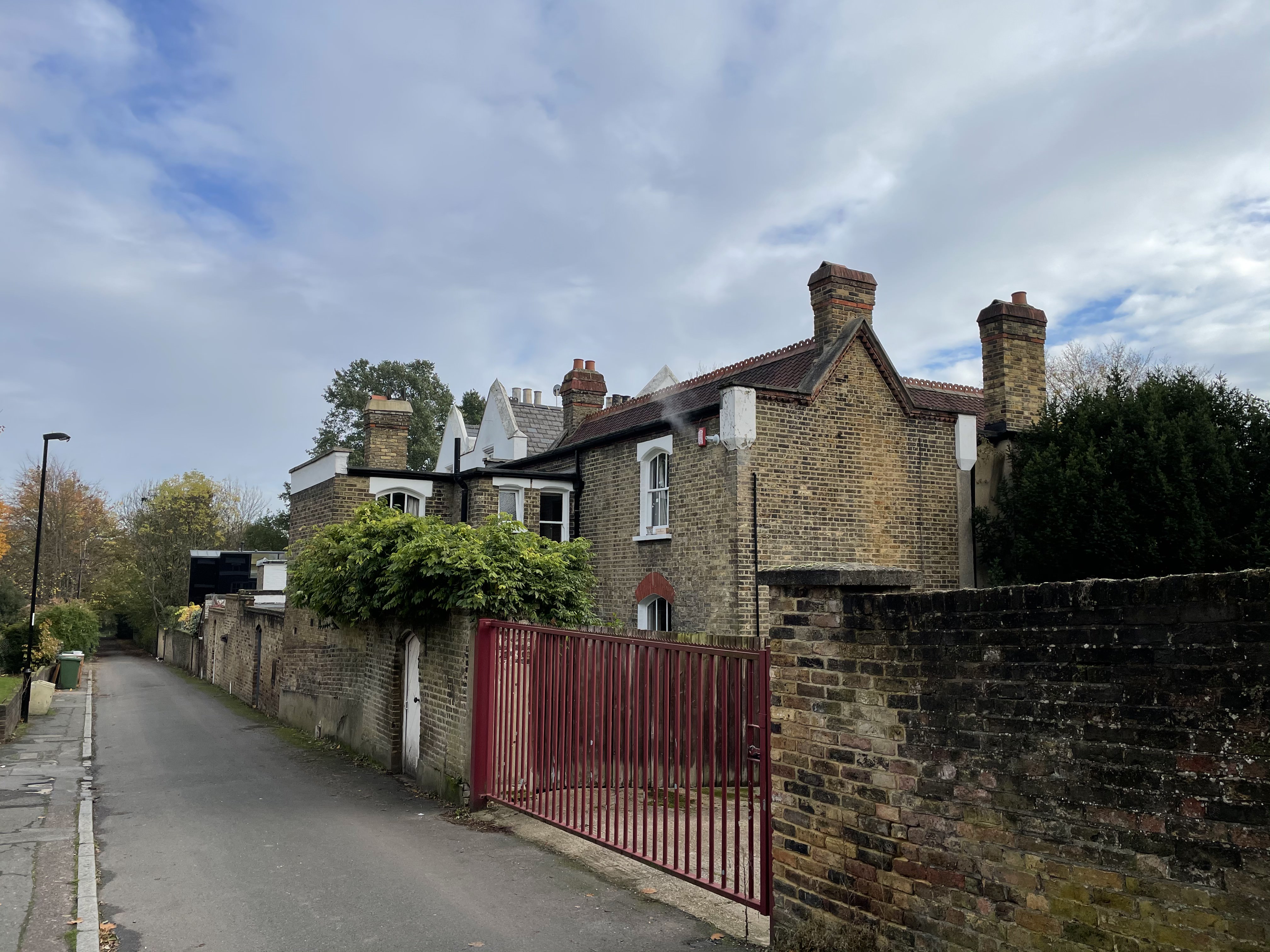




iPhone 12 mini specs and performance
- Features 4GB of RAM and the Apple A14 chipset
- The choice of 64GB / 128GB / 256GB of storage
- 5G connectivity for those all around the world
The iPhone 12 mini may be small, but it certainly doesn’t lack power. Apple's chipset, the A14 Bionic, is the same processor that you’ll find in the rest of the iPhone 12 family. While it's not the latest chipset any more, it's still suitably powerful.
Weight: 135g
Dimensions: 131.5 x 64.2 x 7.4mm
Display size: 5.4-inch
Resolution: 2340 x 1080
Refresh rate: 60Hz
Pixel density: 476ppi
Chipset: Apple A14
RAM: 4GB
Storage: 64GB / 128GB / 256GB
Rear cameras: 12MP + 12MP
Front camera: 12MP
Battery: 2227mAh
We’ve previously seen this in the iPad Air, as well as the iPhone 12 and 12 Pro, and it performs just as well here. We put the chipset through its paces with a variety of multi-tasking activities, and the A14 Bionic always managed to keep pace with everything we wanted it to do, including running graphically demanding games.
There’s 4GB of RAM on tap, and while that may not match a lot of other manufacturers on paper, we found that the iPhone 12 mini never lacked for grunt. If you need a little more power for high-end video processing or similar, then the 12 Pro series packs 6GB of RAM, but for most people 4GB is fine.
One issue we do have is the onboard storage: you’ve got the choice of 64GB, 128GB or 256GB for the iPhone 12 mini. If you need more, you’ll have to opt for an iPhone 12 Pro if you’re a power user, which starts at 128GB and goes all the way up to 512GB
The fact is 64GB isn’t much space on a phone these days, and most people won't take long to fill it up with apps, photos, music and other media.
We found that after just a week of loading our phone with apps and media we were nearing the limit, so it’s likely you’ll need more space if you don’t want to be greeted by the 'storage full' notification at some point.
The iPhone 12 mini comes running iOS 14.2 out of the box, so you've got all the benefits of the latest version of Apple's mobile OS, such as the App Library and home screen widgets.
Since launch it's received a few small updates, bringing it up to iOS 15 at the time of writing. These have added things like App Tracking Transparency, new emojis, Apple Fitness Plus, ProRaw mode for the camera, SharePlay, Focus and much more.
You should expect this phone to get updates for at least the next few years too, as Apple is consistent with its software upgrades.
iPhone 12 mini battery life
- A battery life that should last for a full day of normal use
- You may find the battery struggles for any longer
Apple has yet to confirm the exact battery size on the iPhone 12 mini, but filings from a mobile agency in Brazil suggest it's a 2227mAh cell. As with most recent iPhone models, the battery life has improved over older devices, but it still isn’t going to give you the best life.
We found that the iPhone 12 mini would last us for a full day from a single charge, but on the odd occasion it would die off toward 10pm after a high day of usage. This was a particularly intensive day, though, and on other busy days we also found the phone would make it through to bedtime.
In a mid-to-high intensity use day, we found the iPhone 12 mini got to the end of the day with 22% left in the tank. That was with four hours and 20 minutes of screen-on time, and a variety of tasks running in the background such as music playback and notifications.
We had other days where we managed over six hours of usage, but that was often when we didn’t connect to a mobile unit and we didn’t take the phone out of the house as much.
If you’re switching between 5G and 4G connectivity while on the go, you’re likely to see the battery life drop down from that as well. We found on the days where we were away from Wi-Fi – few and far between owing to lockdown restrictions – the battery life would drop faster.
Again, this will offer a solid day of battery life for a middling amount of usage, but if you’re using your phone consistently throughout the day on mobile networks, you’ll find this phone will need a recharge mid-way through the day.
Apple says the iPhone 12 mini will last for up to 15 hours of video playback, while the iPhone 12 and iPhone 11 both are capable of 11 hours, and those claims are accurate based on our testing, and it’s reflective of how the battery life differs between the the iPhone 12 mini and the larger iPhone 12.
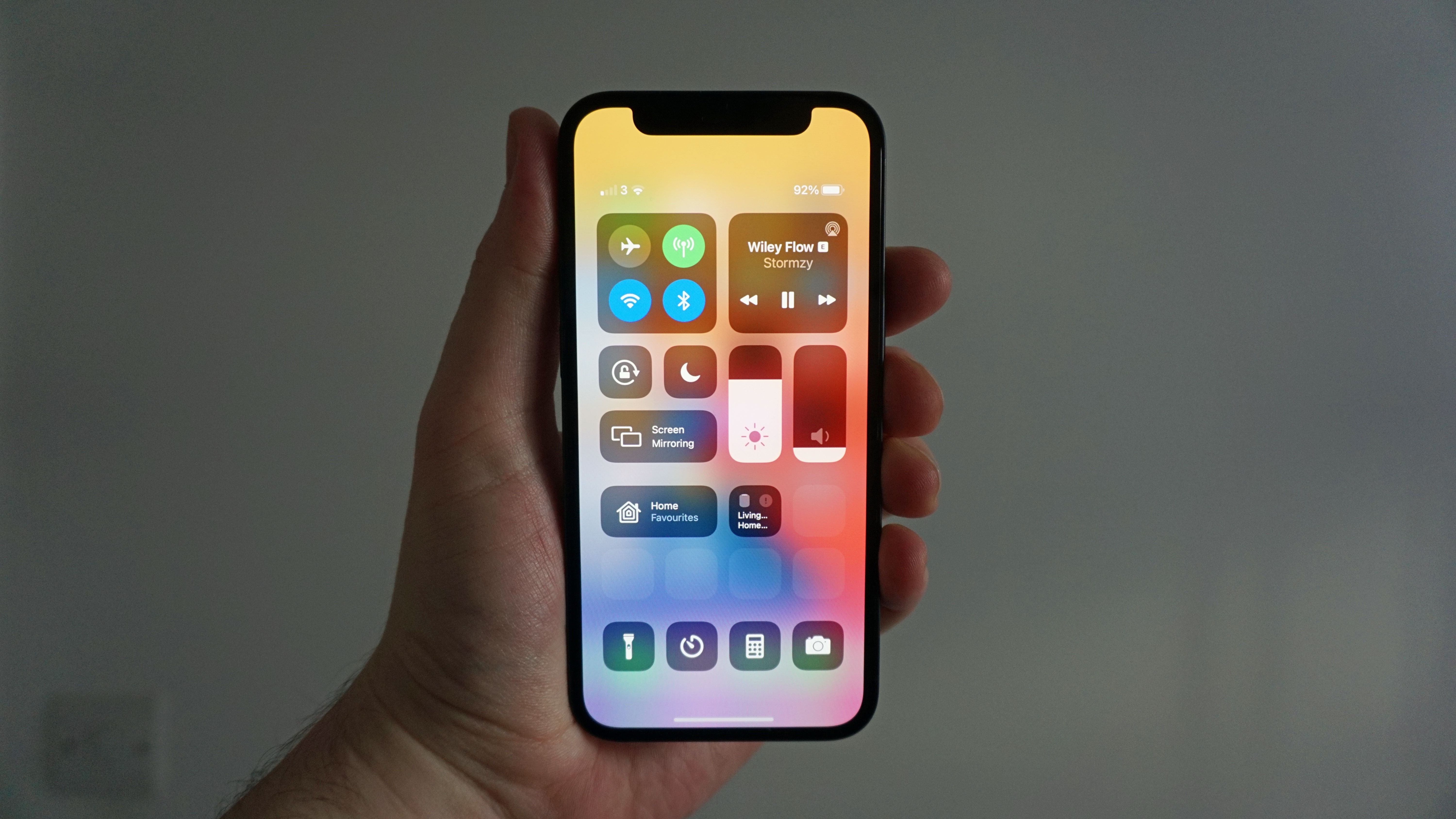
Apple has improved its fast-charging technology here over the iPhone 11 a touch, meaning you now get 20W fast-charging. What does that really mean? We found the iPhone 12 mini was able to charge from zero to 60% in just 30 minutes.
It’s also important to note that this was using a specific charging block provided by Apple. If you want to make the most of these speeds, you’ll need to buy this charging block (if you don’t already own it) for $19 / £19 / AU$29.
This is part of Apple’s mission to cutdown on ewaste, so you only have a charging cable in the box. The problem is, the cable is USB-C to Lightning, which is a connector that many who previously own an iPhone don’t have, so it’s likely you’ll have to buy a charger to make the most of wired charging.
Qi wireless charging makes a return here for the iPhone 12 mini, and this generally worked well in our testing. Using the MagSafe fast-charger (the official Apple one is 12W) we found the phone was able to charge 12% in half an hour.
This is slower than all the other members of the iPhone 12 family. Exactly why that is is unclear, and it means you’ll get a slightly slower charging phone here from Apple if you truly do want that top-end spec.
You’re likely to find the battery life on the iPhone 12 mini is better than any older iPhone such as an iPhone 8, especially if you’ve been using an older phone for a few years, but this isn’t going to be the best battery life you can get from a smartphone.
We regularly found the battery would die before the end of a full day (although it did often make it close to the full stretch, and just needed a quick recharge right before the end of the day) so that may prove frustrating for some power users.
- These are the best iPhone 12 mini cases right now
Should I buy the iPhone 12 mini?
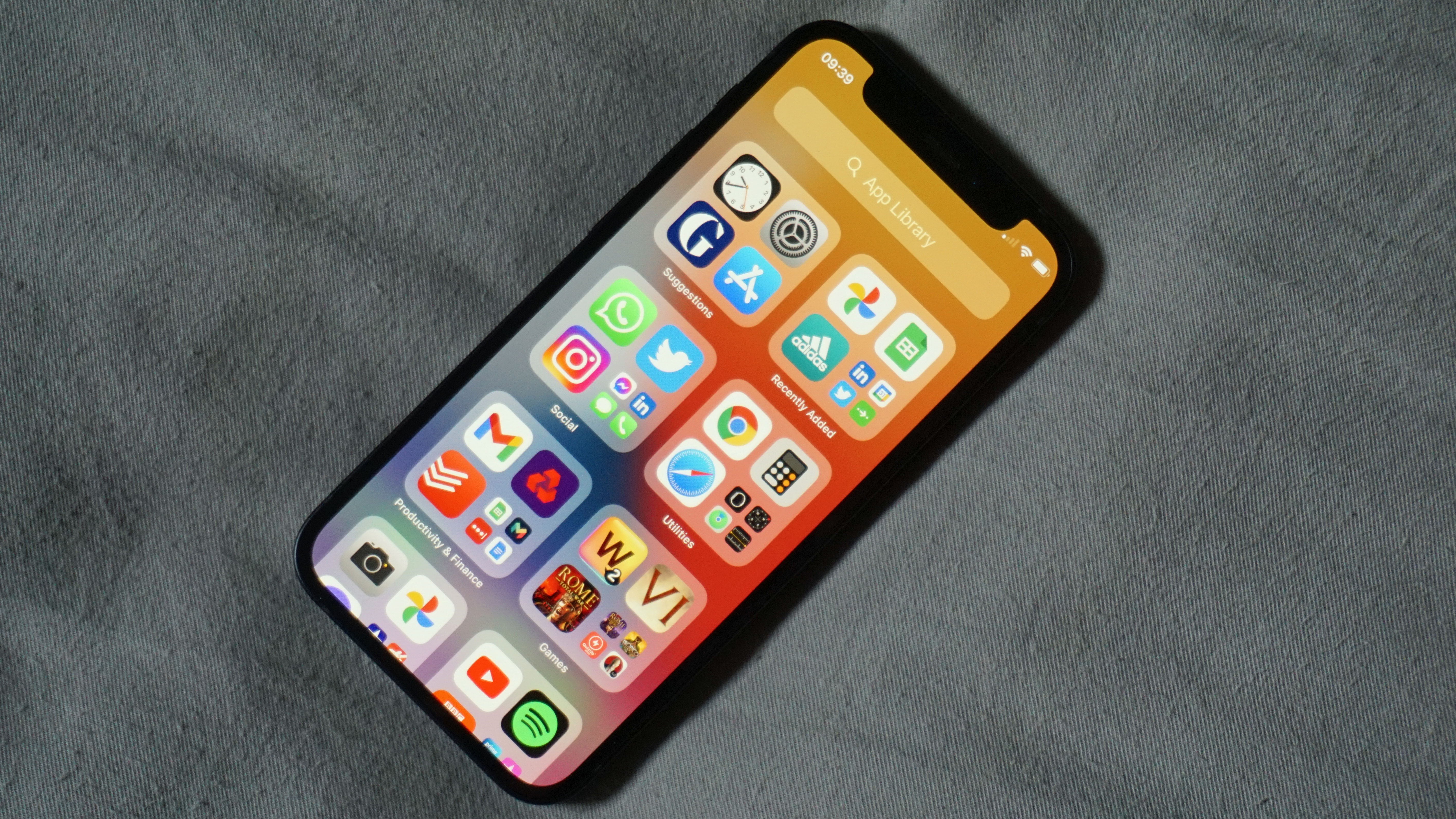
Buy it if…
You want a small iPhone
This may seem obvious, but this phone’s biggest selling point is its unique size. If you’re going to opt for an iPhone and you want a smaller device without buying up the latest iPhone 13 mini, this is the perfect option for you – and it’s one of the smallest 5G phones on the market too.
You’re excited about 5G
If you’re eager to take advantage 5G connectivity, the iPhone 12 mini is a great opportunity to do so. At the time of writing, 5G is still a nascent technology, but if you’re ready for the future of mobile data speeds you should buy the 12 mini so that you're future-proofed.
You want the cheapest way to get an iPhone 12
The iPhone 12 mini is the cheapest member of the iPhone 12 family, but it doesn’t feel like a ‘cheap’ iPhone. The spec and experience is far better than the iPhone SE (2020) so if you’re after a cheaper member of the iPhone 12, go for this model.
Don’t buy it if...
You need the very best from Apple
The iPhone 12 Pro Max is the definitive champion of this family of phones, and if you want the very best specs with top-end cameras and some fantastic performance you’ll want to look there. The price may be higher, and it’s a physically much bigger phone, but it, or the 12 Pro, will suit some much better than the mini does. Alternatively, there's the superior iPhone 13 family too, of course.
You need top-end wireless charging
Wireless charging on the iPhone 12 mini is slower than the rest of the company’s series of devices, so if you don’t want to use a cable to charge your handset up at speed you may want to opt for another member of the family instead.
You’re looking for a cheap phone
The iPhone 12 mini is the cheapest member of the iPhone 12 family, but we’d recommend opting for an older iPhone or an Android manufacturer if you’re after a truly cheap device. Handsets like the iPhone 11, iPhone SE and iPhone XR are now cheaper than ever, and may suit some people better than this phone.
Also consider
If you've read this iPhone 12 review and still aren't sure on your next phone, here are a few other devices to consider.
iPhone 13 mini
The iPhone 12 mini's successor has a more powerful processor and improved battery life, though being newer, it'll cost you a little more
Check out our iPhone 13 mini review
iPhone 12
Is 'mini' really right for you? The standard iPhone 12 has a bigger screen and slightly higher price, giving you more screen real estate for apps, games and movies.
Check out our iPhone 12 review
Google Pixel 5
If you want an Android phone, the Google Pixel 5 is fairly small, though not as much as the iPhone. It's not the snappiest device ever, but it's cheaper than the 12 mini too.
Check out our Google Pixel 5 review
First reviewed: November 2020

James is the Editor-in-Chief at Android Police. Previously, he was Senior Phones Editor for TechRadar, and he has covered smartphones and the mobile space for the best part of a decade bringing you news on all the big announcements from top manufacturers making mobile phones and other portable gadgets. James is often testing out and reviewing the latest and greatest mobile phones, smartwatches, tablets, virtual reality headsets, fitness trackers and more. He once fell over.
